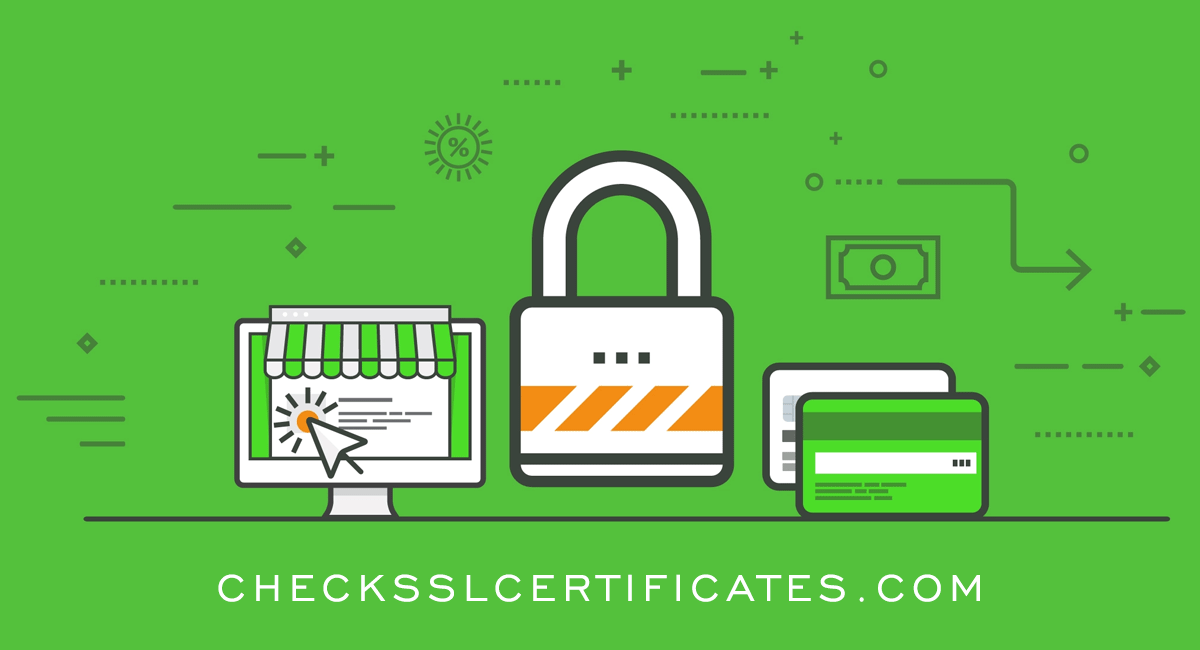
What is an SSL Certificate?
SSL stands for Secure Sockets Layer, a global standard security technology that enables encrypted communication between a web browser and a web server. It is utilized by millions of online businesses and individuals to decrease the risk of sensitive information (credit card datas, usernames, passwords, etc.) from being stolen or tampered with by hackers and identity thieves. In essence, SSL allows for a private “conversation” just between the two intended parties. An SSL certificate is a type of digital certificate that provides authentication for a website and enables an encrypted connection. These certificates communicate to the client that the web service host demonstrated ownership of the domain to the certificate authority at the time of certificate issuance.
Types of SSL Certificates
Domain Validation Certificates
Requires a certificate applicant to prove his/her control over the domain name only. The issued certificate contains a domain name that was supplied to the Certification Authority within the certificate request.
Organization Validation Certificates
Requires a certificate applicant to prove that his/her company is a registered and legally accountable business, and to pass domain validation. The issued certificate contains a domain and company name of the certificate applicant.
Extended Validation Certificates
Includes validation requirements of two validation types mentioned above and additional requirements. The issued certificate contains a domain and company name of the certificate applicant.
Why SSL Certificates are Important?
SSL Protects Data
The core function of an SSL certificate is to protect server-client communication.
SSL Affirms Your Identity
The second primary task of an SSL certificate is to provide authentication to a website.
Better Search Engine Ranking
In 2014, Google made changes to its algorithm in order to give the upper hand to HTTPS-enabled websites.
SSL Helps You Satisfy PCI/DSS Requirements
If you accept online payments, you must know a thing or two about PCI/DSS requirements.
SSL Improves Customer Trust
If it were up to us, we’d have renamed SSL (Secure Socket Layer) to TTL (Trust Transmitting Layer).
Google Makes SSL Mandatory in 2018
To give a safer web browsing experience from 2018 onwards, Google has decided to flag the websites which do not have an SSL/TLS Certificate installed on their website